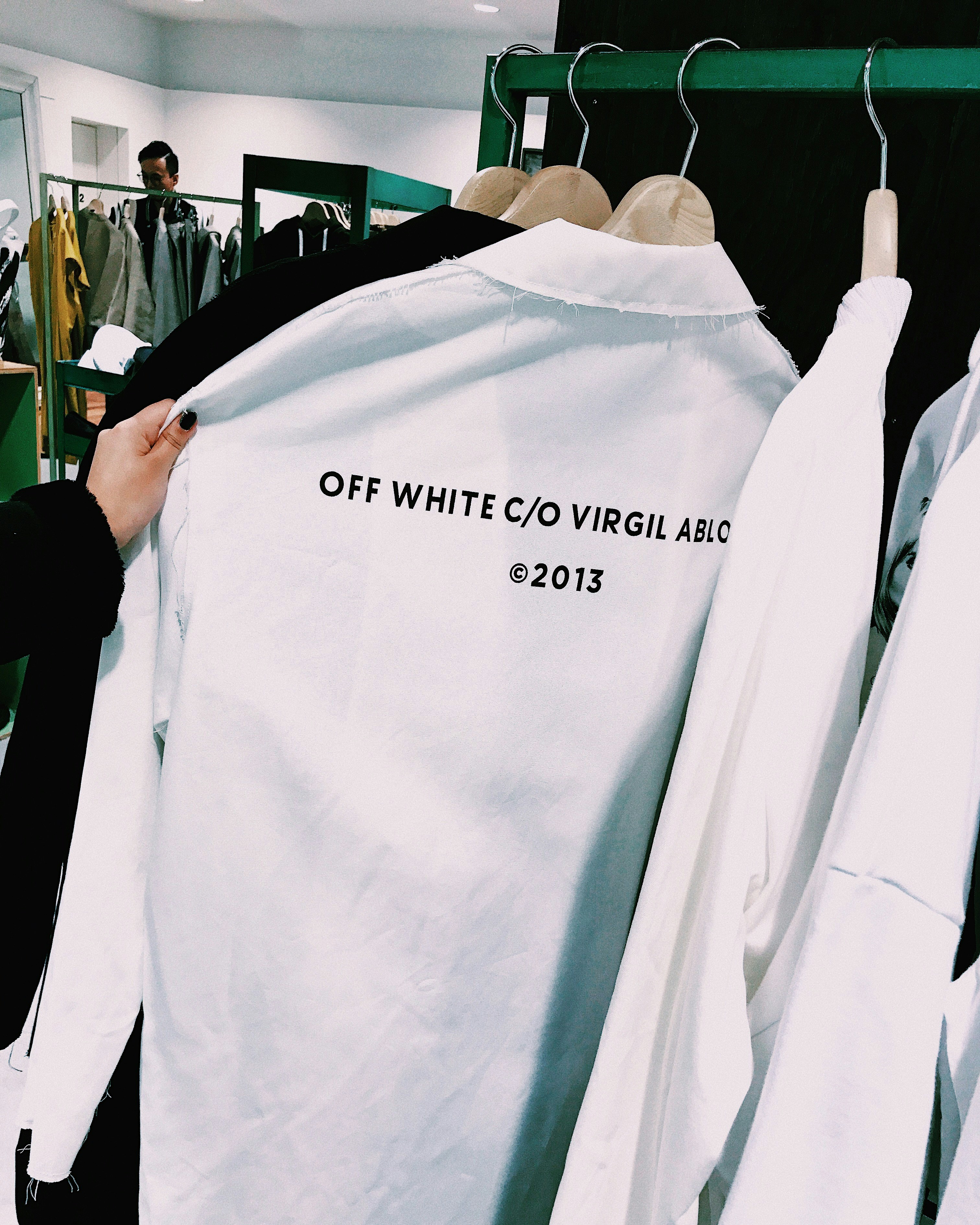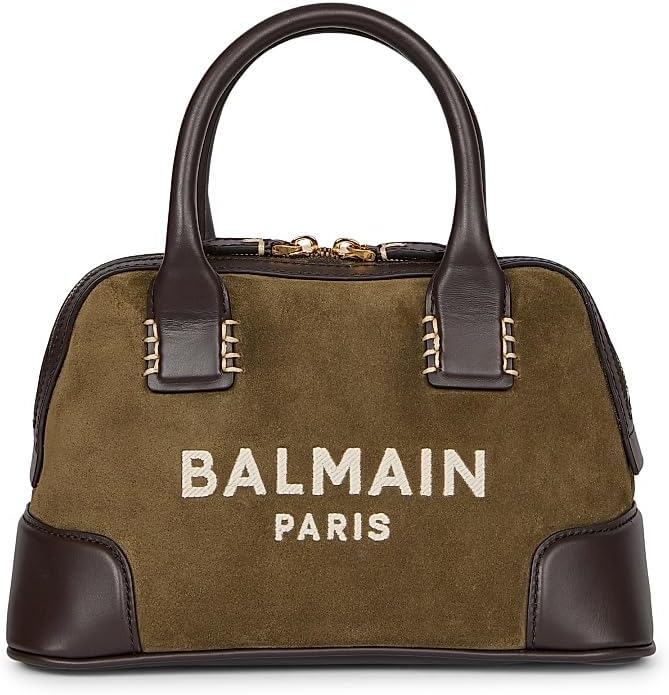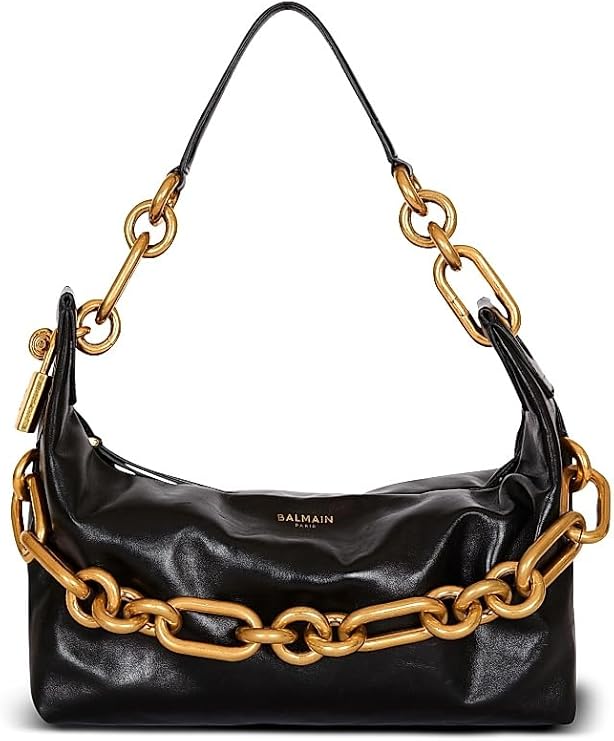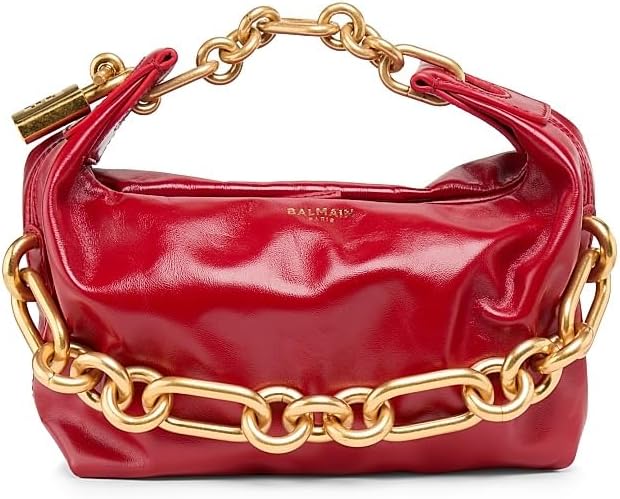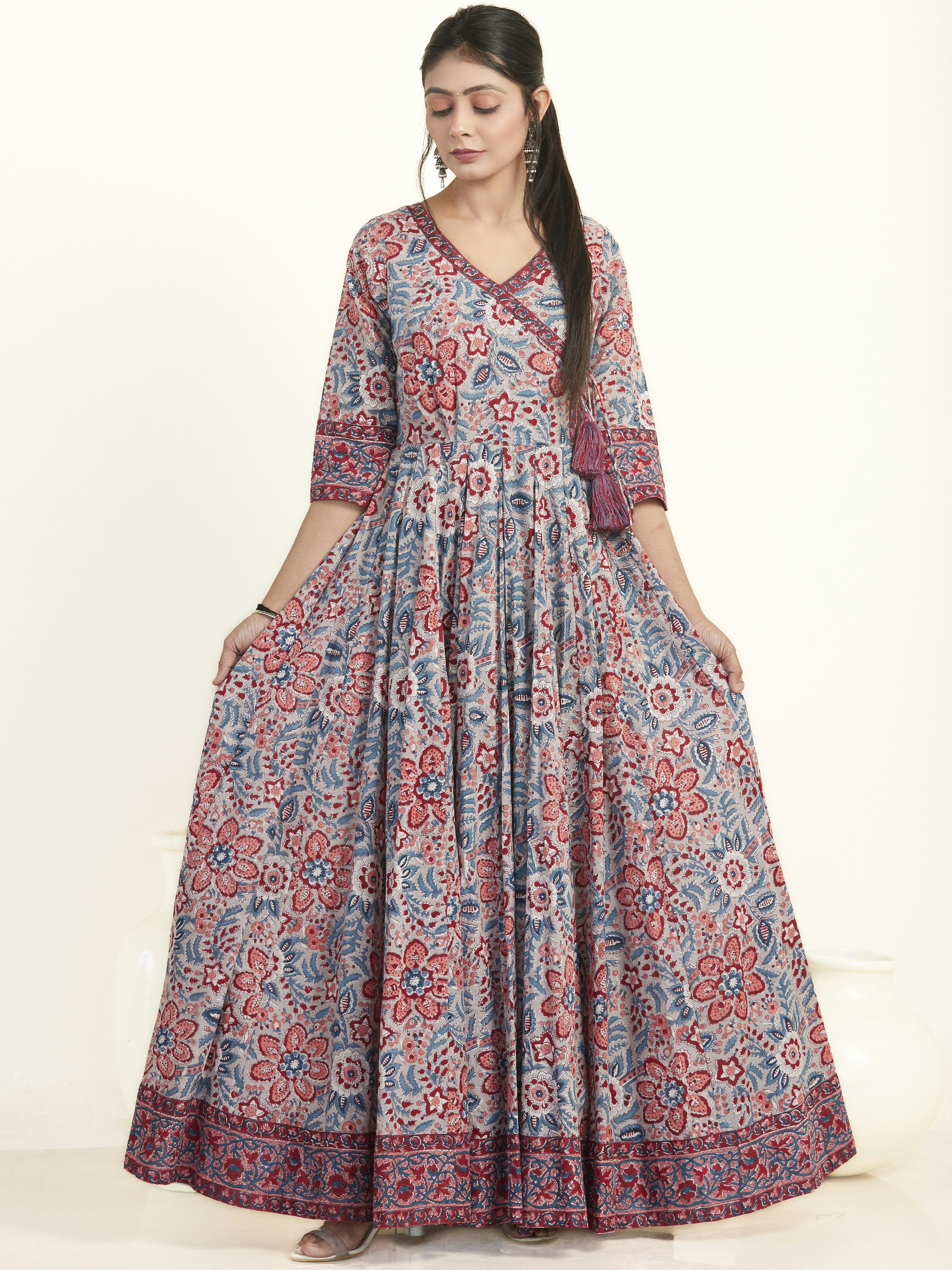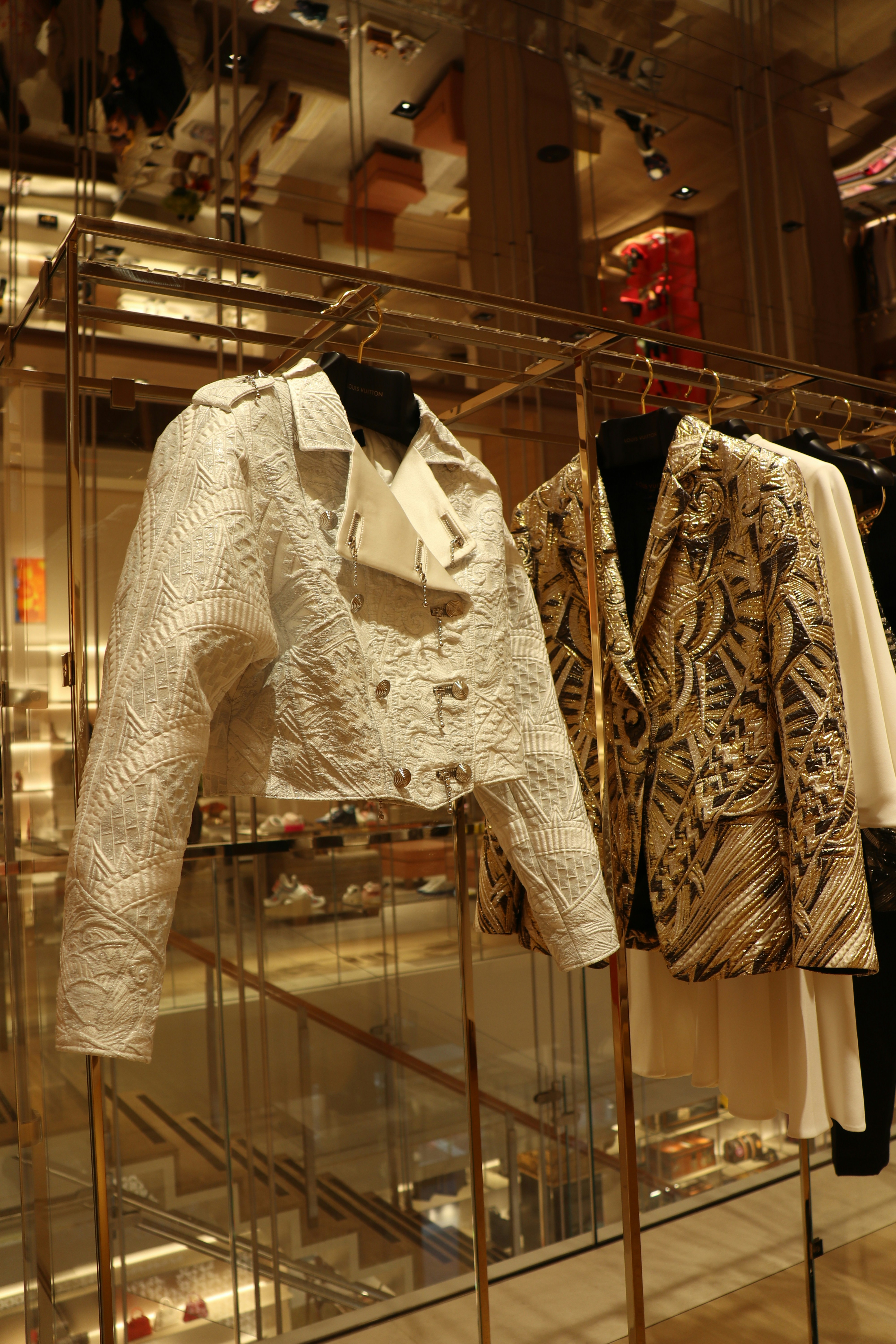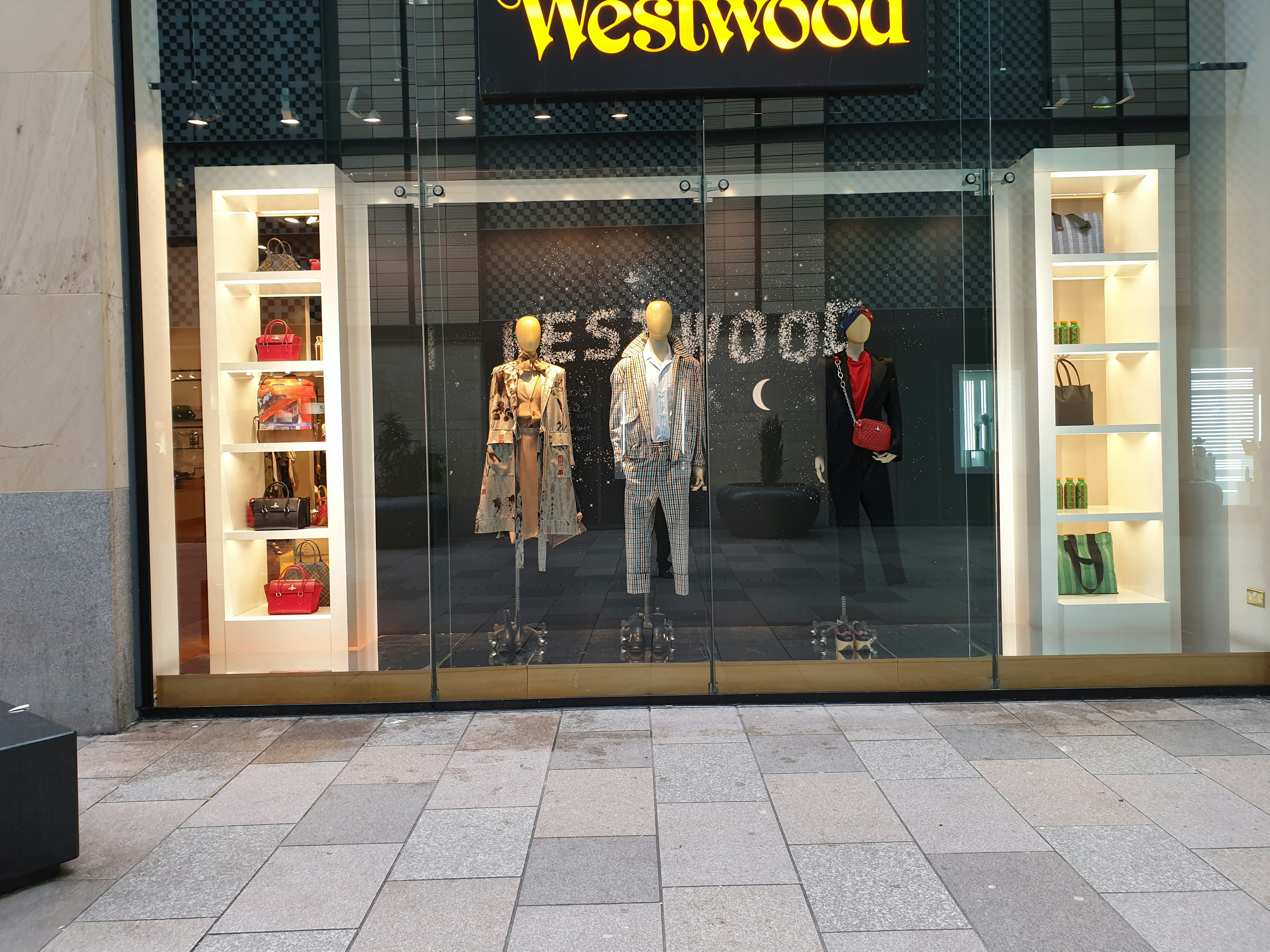The Rise of Off-White: A Cultural Phenomenon
Founded in 2012 by Virgil Abloh, Off-White emerged as a significant player in the fashion landscape, particularly within Italy, where it symbolized a remarkable fusion of high fashion and streetwear aesthetics. This innovative brand quickly garnered attention for its unique approach that blended luxury with everyday culture, ultimately redefining the boundaries of contemporary fashion. Abloh, who served as the creative director, drew from a rich tapestry of influences that included art, music, and architecture, transforming them into a coherent vision that resonated deeply with a diverse audience.
One of the defining characteristics of Off-White’s design philosophy was the effective use of irony. Through the clever and often controversial branding strategies, including the use of quotation marks and parallel messaging, Abloh challenged conventional notions of luxury and authenticity. This ironic twist served to question traditional fashion hierarchies, appealing primarily to the millennial generation and Gen Z consumers who sought more than just garments; they were in pursuit of an identity. Off-White’s collections often featured bold graphics and unconventional silhouettes, which encouraged a cultural remixing approach that could be easily adapted and personalized by its wearers.
Moreover, the brand’s ethos extended beyond the garments themselves; it represented a community and a movement that celebrated individuality and self-expression. Off-White’s collaborations with various artists and brands also re-emphasized this notion by merging various cultural elements, thus creating a dynamic dialogue between different spheres of influence. As such, the brand became a cultural phenomenon, representing more than just clothing but a lifestyle that captivated a generation looking to redefine style on their own terms.
In sum, Off-White’s emergence in 2012 marked a pivotal moment in the fashion industry, establishing Virgil Abloh as a revolutionary figure who not only understood the complexities of modern consumer behavior but also adeptly catered to the desires of a new era in fashion.
Virgil Abloh: The Visionary Designer
Virgil Abloh, born on September 30, 1980, in Rockford, Illinois, emerged as a seminal figure in the fashion industry, redefining the boundaries of contemporary design. He pursued a dual degree in civil engineering at the University of Wisconsin-Madison and a master’s in architecture from the Illinois Institute of Technology. This diverse academic background laid the foundation for his innovative approach, blending elements of architecture, art, and fashion.
Abloh’s career began in earnest at Fendi, where he interned alongside Kanye West in 2009. This experience exposed him to the inner workings of luxury fashion, allowing him to cultivate an understanding of both brand positioning and creative storytelling. Abloh’s collaboration with West not only solidified their friendship but also ignited his passion for infusing street culture into high fashion. This unique perspective led to the creation of Off-White in 2012, a brand that challenged conventional fashion norms. Abloh’s vision extended beyond clothing; he aimed to provoke thought and inspire dialogue through design.
Off-White quickly garnered attention for its distinctive aesthetics characterized by bold graphics, quotation marks, and a deconstructed style. Abloh’s ability to merge high fashion with streetwear resonated with a global audience, demonstrating that clothing could serve as a canvas for artistic expression. Key milestones in his career include his appointment as the artistic director of Louis Vuitton’s menswear in 2018, making him the first African-American to hold such a prestigious position. His ascent to fame not only showcased his talent but also demonstrated the industry’s growing acceptance of diverse influences.
Through his innovative mindset and ability to disrupt traditional fashion narratives, Virgil Abloh left an indelible mark on the industry, transforming Off-White into a cultural phenomenon that continues to inspire a new generation of designers and consumers worldwide.
The Iconic Arrows Hoodie: A Symbol of Streetwear
The Arrows Hoodie stands as a defining piece within Off-White’s collection, embodying the brand’s innovative spirit and its intersection with contemporary streetwear culture. Designed by the late Virgil Abloh, the hoodie employs a distinct blend of artistic vision and functionality, characteristics that have propelled it into the realm of fashion icons. One of its most recognizable features is the oversized silhouette, which not only offers comfort but also provides a bold statement that aligns with the ethos of modern streetwear.
The striking graphic elements, including the renowned arrow logo, serve as a focal point of the design. This logo, often interpreted as a symbol of direction and readiness to break conventions, resonates deeply within urban fashion circles. The use of contrasting color schemes—predominantly featuring white, black, and vibrant hues—enhances the visual appeal of the hoodie, making it a favorite choice for fashion enthusiasts looking to express individuality through their attire. The embrace of basic yet trendy colors exemplifies how simplicity can effectively command attention, suggesting that less can indeed be more.
The cultural significance of the Arrows Hoodie extends beyond its aesthetic allure; it encapsulates a statement of identity among wearers. As streetwear continues to blur the lines between casual and high fashion, the hoodie emerges as a versatile garment that fits seamlessly into various wardrobes. Its popularity reflects a broader trend in fashion where comfort meets status, allowing it to claim a place not only in the closets of trendsetters but also on runways worldwide. The Arrows Hoodie thus represents not only a fashion piece but a cultural phenomenon within the ever-evolving landscape of streetwear.
Irony and Cultural Remixing in Fashion
Virgil Abloh’s Off-White brand stands out in the fashion landscape for its profound engagement with irony and cultural remixing. From its inception, Off-White has embraced a concept of fashion that operates on multiple levels, intertwining high art with streetwear, and fundamentally challenging traditional fashion norms. The use of irony is not merely a stylistic choice but a deliberate commentary on contemporary culture, identity, and societal expectations.
A key illustration of this approach can be seen in Off-White’s iconic designs, which often incorporate elements of humor and social critique. For instance, Abloh’s reinterpretation of classic motifs, such as the use of quotation marks in his branding, serves to create a dialogue around authenticity and ownership in fashion. This playful nod to irony invites consumers to question the very nature of the garments they wear, exploring the intersection of luxury and accessibility.
Off-White’s runway shows often encapsulate this commitment to cultural remixing and commentary. In his Spring/Summer 2020 collection, Abloh presented pieces that highlighted the dissonance between urban street style and high fashion—a theme apparent in layered outfits adorned with graphic designs referencing social movements. Collaborations with established brands, such as Nike and IKEA, reinforce this ethos, as they merge high and low cultural symbols, fostering a broader conversation about consumer behavior and identity.
Through each collection, Off-White serves as a canvas for Abloh’s reflections on contemporary societal norms, making each piece as much about fashion as it is about the message it conveys. In engaging with irony and remix culture, Abloh not only redefines fashion aesthetics but also positions Off-White as a facilitator of narrative and change, inviting wearers to find meaning in their sartorial choices.

